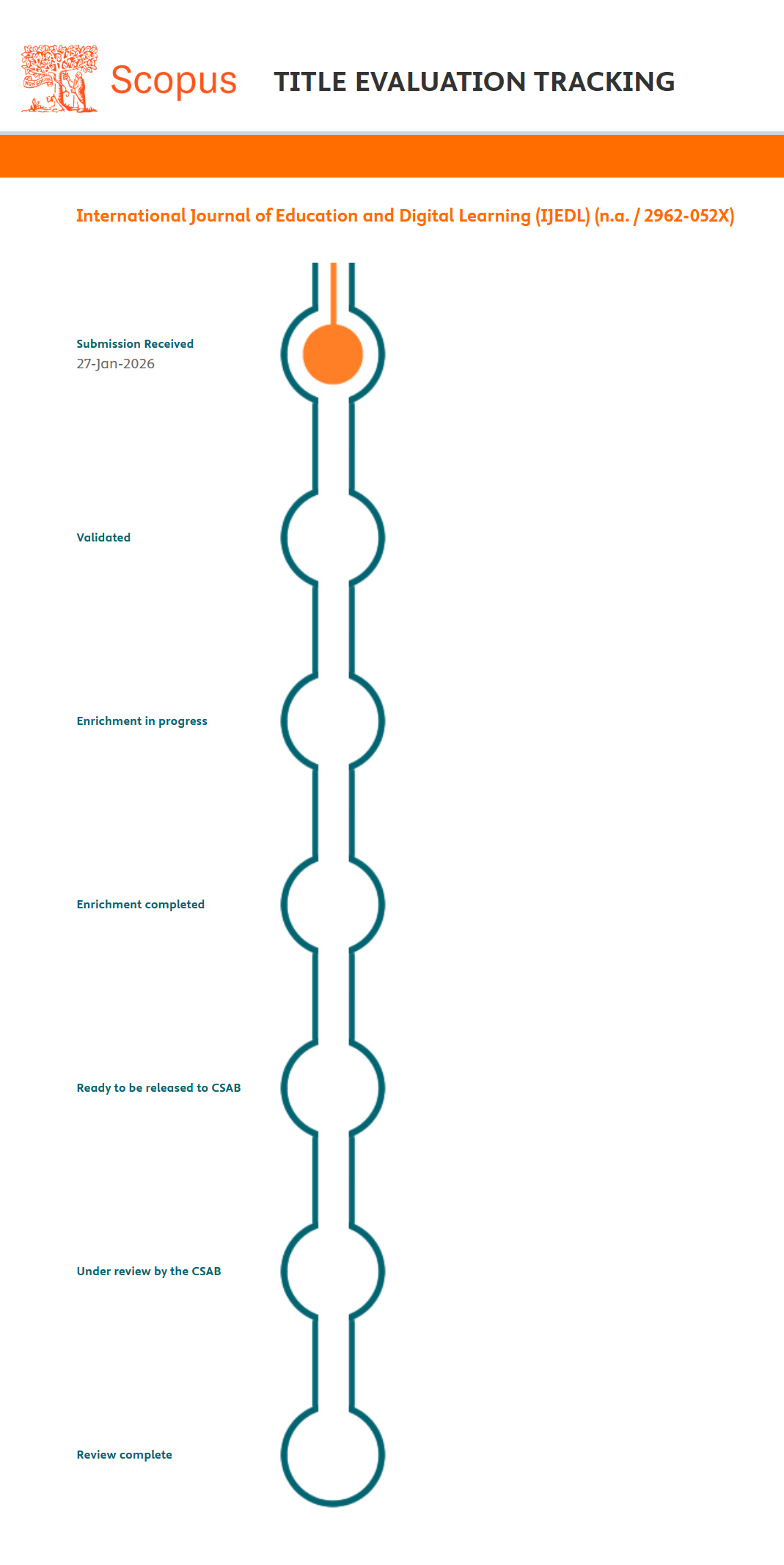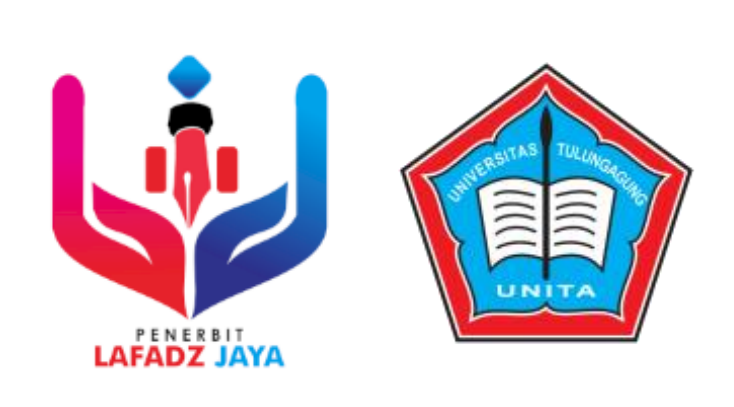Digital Learning: A Solution for More Inclusive and Affordable Education
DOI:
https://doi.org/10.47353/ijedl.v3i4.260Keywords:
Digital Learning, Inclusive Education, Affordable Education, E-Learning Platforms, Educational EquityAbstract
Digital learning has emerged as a transformative tool in education, offering a pathway to more inclusive and affordable learning opportunities for all students, regardless of their geographical location, socio-economic status, or background. This article explores how digital learning can address persistent challenges in traditional educational systems, such as limited access to quality education, high costs, and unequal distribution of resources. By leveraging technologies like e-learning platforms, mobile apps, and virtual classrooms, digital learning has the potential to bridge the education gap and provide flexible learning opportunities tailored to individual needs. The study reviews the benefits of digital learning, including increased accessibility, personalized learning experiences, and the democratization of education. However, the article also discusses the challenges of digital learning, such as the digital divide, lack of technological infrastructure, and the need for teacher training. Drawing on existing research and case studies, this paper examines the role of digital learning in promoting educational equity and affordability. It concludes by highlighting the importance of policy intervention and investment in technology to ensure that digital learning becomes a sustainable and effective solution for education in the 21st century.
Downloads
References
Allen, I.E., & Seaman, J. (2016). Online learning in the United States: 2016. Babson Survey Research Group.
Anderson, T., & Dron, J. (2014). Three generations of distance education pedagogy. The International Review of Research in Open and Distributed Learning, 12(3), 80-97.
Anderson, T., et al. (2014). Teaching in an online learning environment: A qualitative study. Journal of Educational Technology, 31(2), 91-107.
Azmi, A., & Zainudin, Z. (2024). The effectiveness of digital learning tools in modern classrooms. Journal of Educational Innovation, 45(1), 110-123.
Bill & Melinda Gates Foundation. (2013). The role of digital learning in improving educational outcomes. Gates Foundation Report.
Cavanaugh, C. (2004). The effectiveness of online learning: A review of the literature. The International Review of Research in Open and Distributed Learning, 5(2), 1-14.
Clark, C. (2020). Accessibility and the rise of mobile learning: Implications for education. Journal of Learning Technologies, 15(3), 200-215.
Cohn, S., & Roper, A. (2021). Mobile learning and its impact on student engagement. The International Journal of Mobile Learning and Organisation, 15(2), 115-130.
Hattie, J. (2021). Visible Learning for Teachers: Maximizing Impact on Learning. Routledge.
Hasanah, U., & Syafa’ati, F. (2023). Education psychology and its role in inclusive digital learning environments. Journal of Educational Psychology, 48(1), 23-36.
Koller, D., et al. (2013). The effectiveness of online learning in higher education. International Journal of Educational Technology in Higher Education, 10(1), 45-56.
Lindawali, E. (2023). The role of adaptive learning systems in digital education. Educational Technologies Journal, 29(2), 67-79.
Muldrow, J. (2020). The impact of adaptive learning technologies on student engagement. Journal of Educational Psychology, 112(3), 405-418.
Munzillah, S., & Budiyono, Y. (2024). Cooperative learning as a strategy for enhancing digital learning outcomes. Journal of Collaborative Learning, 16(1), 12-22.
Muralidharan, K., et al. (2017). The impact of mobile learning in rural areas: A case study. Journal of Development Economics, 26(4), 147-160.
Nasution, R., et al. (2023). The role of educational psychology in modern learning environments. Journal of Educational Psychology, 61(2), 12-28.
Nurmanto, B., et al. (2022). Problem-based learning and its cognitive impact on students. Journal of Education and Psychology, 30(4), 290-305.
Purwowidodo, H., & Zaini, Z. (2023). Digital learning tools and their role in modern education systems. Journal of Digital Education, 22(1), 56-70.
Ryan, R.M., & Deci, E.L. (2000). Self-determination theory and the facilitation of intrinsic motivation, social development, and well-being. American Psychologist, 55(1), 68-78.
Salmi, J. (2016). The promise of MOOCs: Opportunities and challenges for higher education. Higher Education Review, 35(2), 142-156.
Siemens, G. (2015). Connectivism: A learning theory for the digital age. International Journal of Instructional Technology and Distance Learning, 2(1), 3-10.
UNESCO. (2020). Education and the COVID-19 pandemic: Challenges and opportunities. UNESCO Report.
World Bank. (2018). The role of technology in promoting educational access and quality. World Bank Education Report.
Yusuf, A. (2024). Overcoming barriers to digital learning: Addressing the digital divide. International Journal of Educational Technology, 43(2), 167-181.
Zawacki-Richter, O., et al. (2009). Systematic review of research on online teaching and learning. International Review of Research in Open and Distributed Learning, 10(1), 1-23.
Downloads
Published
How to Cite
Issue
Section
License
Copyright (c) 2025 Syofianis Ismail, Zhang Ling

This work is licensed under a Creative Commons Attribution-ShareAlike 4.0 International License.












